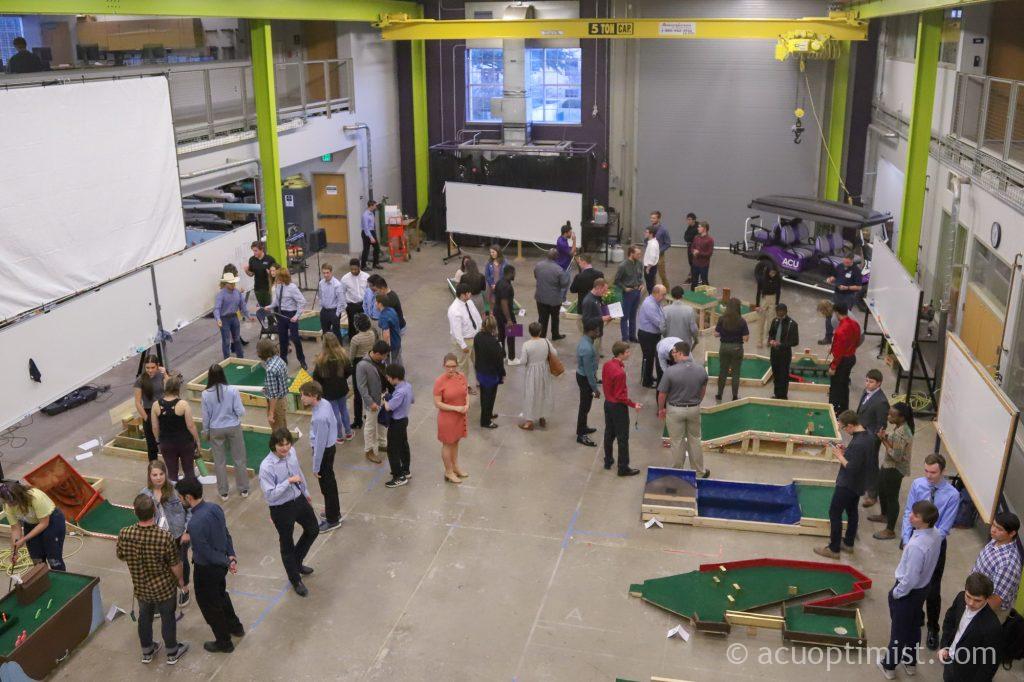ACU will join three major universities in the search for a better tomorrow.
With Natura Resources’s help ACU, Georgia Institute of Technology, Texas A&M University and The University of Texas at Austin will form the Nuclear Energy eXperimental Testing Research Alliance (NEXTRA).
This $30.5 million collaboration will be the largest sponsored research program in the university’s history.
Dr. Rusty Towell, professor of engineering and physics and director of the NEXT Lab, said the goal of the NEXTRA program is to address some of the most critical needs in the world. “We are specifically addressing the need for clean, available, affordable, and safe energy,” Towell said. “Also, we are trying to provide pure water to people around the world. A source of pure water is a great need globally.”
Addressing those basic needs could raise the standard of living for people globally. Towell said NEXTRA’s plan to develop a source of medical isotopes, which are are useful to doctors for a variety of diagnostic tools, specifically treating cancer.
The funding provided by Natura Resources and other sponsors will go to building the facility and technology behind molten salt liquid-fueled reactors.
Towell hopes that a construction permit for the new facility can be submitted within the next year.
Towell also said now is the perfect time to build and research this technology.
“It’s technology that everyone knows about in the sense that it was demonstrated in the ‘60s, but no one has built a molten salt liquid-fueled reactor in 50 years,” Towell said. “There are lots of companies and countries that want to develop this technology. If we can have a research reactor in Abilene, we would be able to answer all types of questions they could have, making this facility very useful to them.”
This facility is planned to be located somewhere on or near the ACU campus.
Not only will it provide job opportunities for Abilene, but it will allow students to do ground-breaking research in their undergraduate years.
Overall, this collaboration has the potential to benefit ACU, Abilene and the world.
Though the approval is a multistep process, NEXTRA hopes to have the reactor fully functional in five years.
“I’ve heard nothing but positive feedback from the community,” Towell said. “I am very excited about their positive reaction. I think they realize how this new project is going to have a large beneficial economic impact and how this is going to raise the statute of ACU as a research university. They also see how we are addressing real problems and how that will bring people from around the world to Abilene.”

